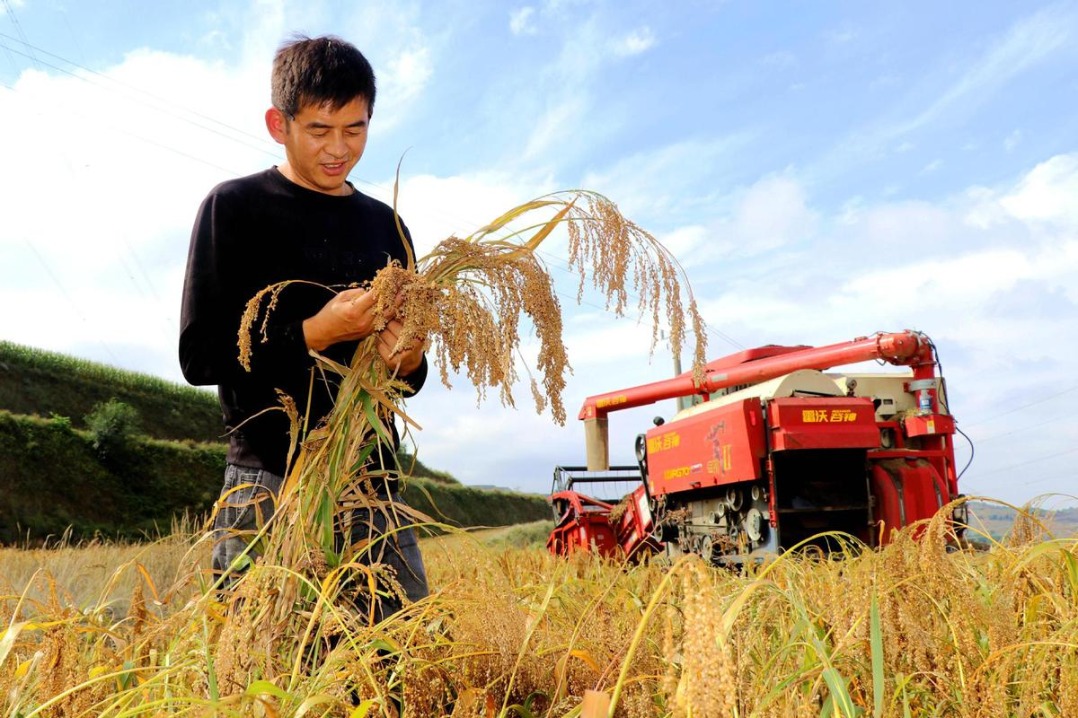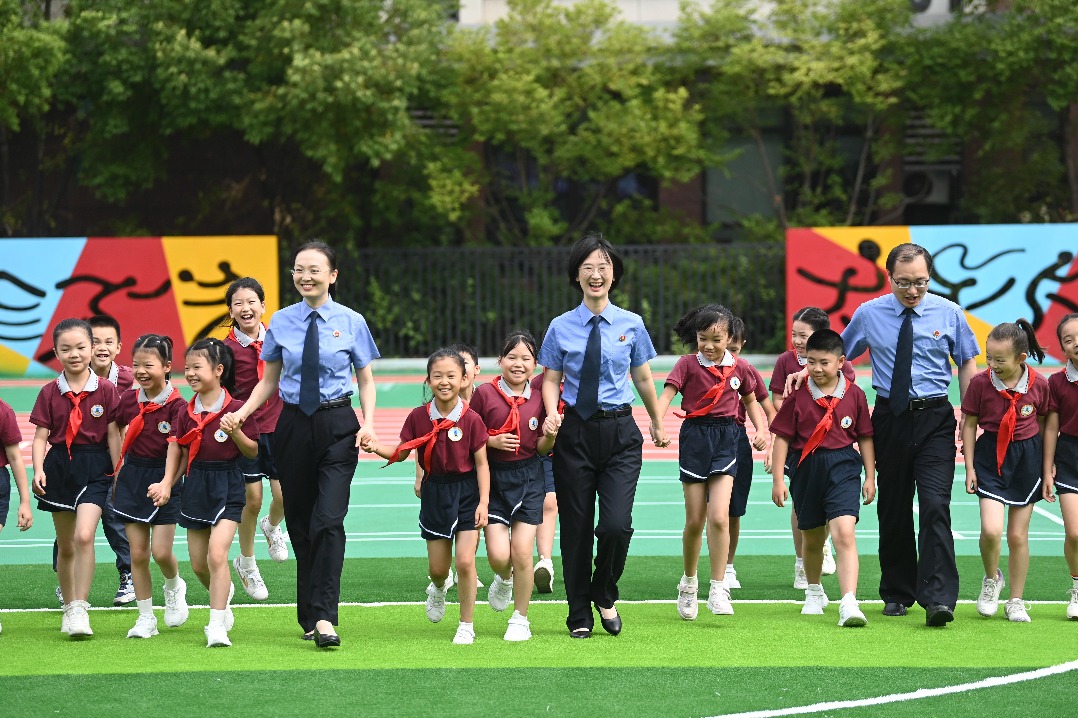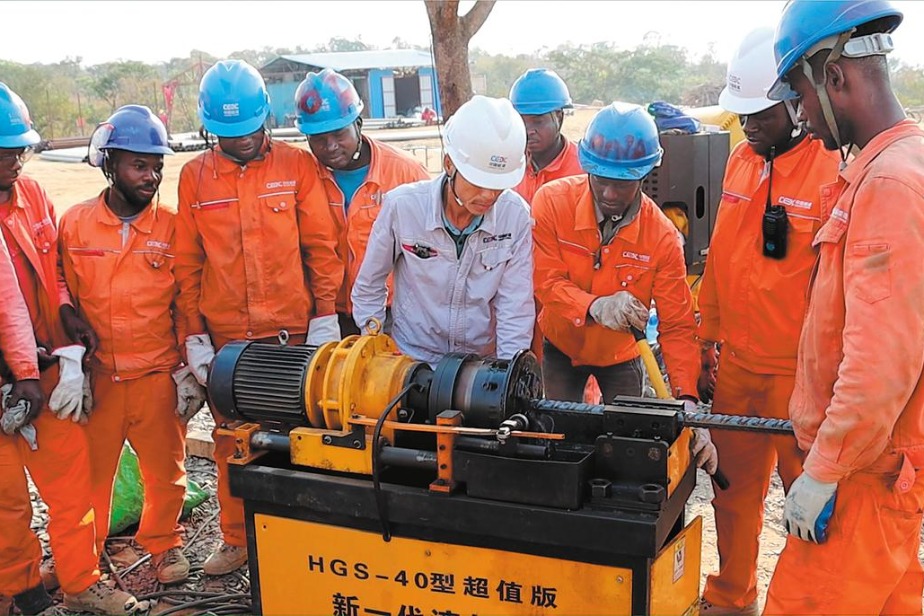Universities to optimize disciplines
Adjustments aim to better serve nation's development strategies

China will advance reforms at higher education institutions and adjust disciplines and talent training models to contribute to the country's scientific and technological development efforts and national strategies, according to a key policy document released recently.
A resolution that was adopted last month by the third plenary session of the 20th Central Committee of the Communist Party of China stipulated that "extraordinary moves" will be made to improve or introduce disciplines that are in urgent demand.
"We will also redouble efforts to develop basic disciplines, emerging disciplines and interdisciplinary subjects," it said, highlighting the cultivation of top talent with innovative capacity.
Cao Weixing, a member of the Standing Committee of the Chinese People's Political Consultative Conference, the nation's top political advisory body, said the comparative advantage of higher education is shifting from simply instilling knowledge in students to ensuring they can develop practical skills and innovative capabilities.
Talent cultivation methods in universities are undergoing profound changes, which are marked by the rise of new engineering, medicine, agriculture and liberal arts disciplines, Cao said in an article released by the CPPCC.
Students' innovative abilities, entrepreneurial skills and creativity are being enhanced to effectively support the nation's socioeconomic development and modern industrial construction, he said.
The talent cultivation structure in China needs to be optimized, Cao said. Some universities are excessively enrolling students for popular majors, resulting in the irrational allocation of educational resources and a structural imbalance in discipline layout.
The insufficient talent supply in key sectors cannot meet the development needs of emerging industries, especially in fields such as artificial intelligence, integrated circuits and intelligent manufacturing.
There is an urgent need to strengthen the cultivation of topnotch innovative talent and highly skilled vocational talent, Cao added.
This year, 24 new disciplines for undergraduate studies were announced by the Ministry of Education, shedding light on efforts in the higher education sector to better cultivate talent.
The new disciplines include high-power semiconductor science and engineering, biological breeding technology, electronic information material and intelligent visual engineering, all of which highlight cutting-edge and key technologies.
Currently, there are 816 disciplines covering 93 categories available for undergraduate studies at Chinese universities, according to the Ministry of Education.
Last year, the ministry and four other departments released a reform plan, stipulating that 20 percent of all university majors in China will be "adjusted and optimized" by 2025.
Yang Lianxing, a professor at East China Normal University in Shanghai, said the adjustment includes both phasing out disciplines and programs that no longer align with socioeconomic goals and establishing new majors related to emerging technologies and industries.
Sichuan University canceled 31 undergraduate programs, including broadcasting and television studies, while Tiangong University canceled eight undergraduate majors such as human resource management, the universities announced recently.
The establishment and cancellation of university majors are not based on the perceived popularity or demand for a particular field, Yang said.
The programs approved for establishment are regarded as necessary for the country's development, while cancellation does not imply that the talent in those fields is unimportant, he said.
"Rather, it indicates that these programs are not considered specialty areas for some universities," Yang said.
- Police called in after investigation into food safety incident at Shanghai schools
- Shanghai Sports Festival sparks citywide fitness fun
- Intl conference shows new pathways to integrate education, research and application
- China's cyberspace regulator penalizes Toutiao for presenting 'harmful information'
- Shanghai's first intl snow sculpture expo transforms resort into winter wonderland
- China-built jet C919 carries out over 2 million passenger trips





































